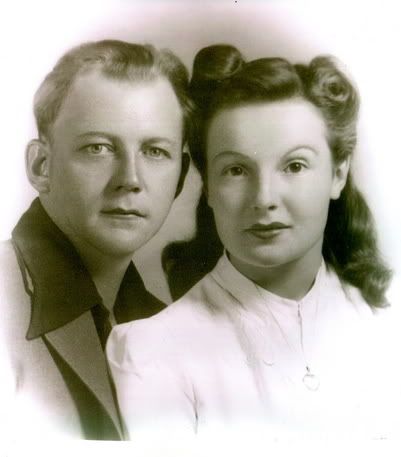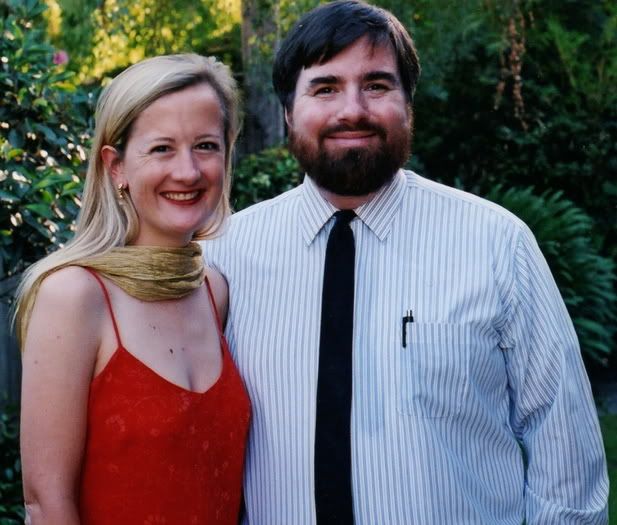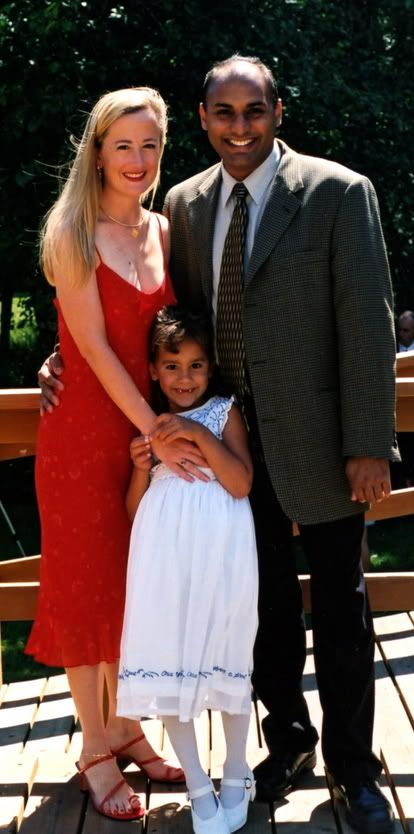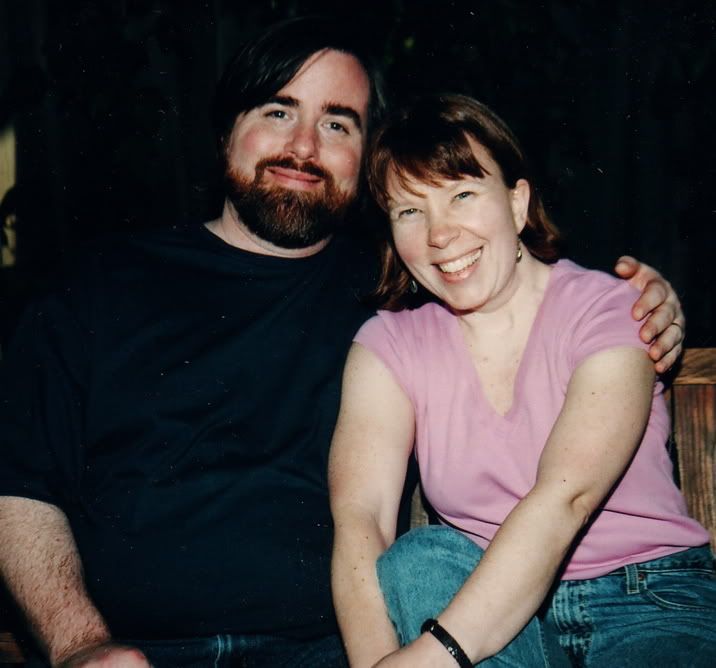
Walls are meant to protect what is on one side from what is on the other. When the wall is built between two parts of a city, or two countries, it serves to keep at least some, if not all, of the people subject to the rule of other people. It walls off one group, denying them freedom. When the wall is built between two institutions, like between church and state, it serves to keep at least one of those institutions under the rule of the people. It grants the people freedom.
 Robert Frost said that "Good walls make good neighbors." He was talking about the walls that keep my cattle out of your crops. There is a protection in which both parties are actually covered. My cattle don't wander off and get hit by a car; your crops are still there to feed your family.
Robert Frost said that "Good walls make good neighbors." He was talking about the walls that keep my cattle out of your crops. There is a protection in which both parties are actually covered. My cattle don't wander off and get hit by a car; your crops are still there to feed your family.When the state has an official religion, when the wall is breached, harm is done to both institutions. We can see from the historical theocracies in the middle ages as well as the current ones in the middle east, that freedom is subverted when people who claim to speak for God have political power by virtue of that connection. How do you oppose the policy of the Divinely Appointed? And when the government has a say in religion, people who do not believe as the government demands they believe also suffer.
Religion, at its best, is a comfort and an inspiration and a source of meaning and community. But, at its worst, it has been used as a way to keep the masses powerless and the elite in charge. From slaves to peasants to women, religion has used the promise of a reward in the afterlife to maintain obedience in this life.
 PBS recently ran a three part British series called the History of Disbelief. It was interesting to me that in both England and France many doubters during the Age of Reason were aristocracy who felt that doubting would be bad for the "lower orders" because along with the questioning of the authority of religion came the questioning of the authority of the powerful. To doubt was good for men with power, but many of them recognized that if everyone doubted, they would loose that power. If the king has no divine right, then by what right does he rule?
PBS recently ran a three part British series called the History of Disbelief. It was interesting to me that in both England and France many doubters during the Age of Reason were aristocracy who felt that doubting would be bad for the "lower orders" because along with the questioning of the authority of religion came the questioning of the authority of the powerful. To doubt was good for men with power, but many of them recognized that if everyone doubted, they would loose that power. If the king has no divine right, then by what right does he rule?The United States was founded on the idea that the government serves at the will of the people. A very different idea than that a man rules by right. To maintain this awareness, the Founders rightfully separated the state from the church, the authority to govern from the idea of God. It is less than patriotic to try to drag the U.S. government under the steeple.

















1 comment:
Did you see The Colbert Report just the other day when Steven started calling the president the Christian-in-Chief? It was so funny, but oddly chilling. Good post.
Post a Comment